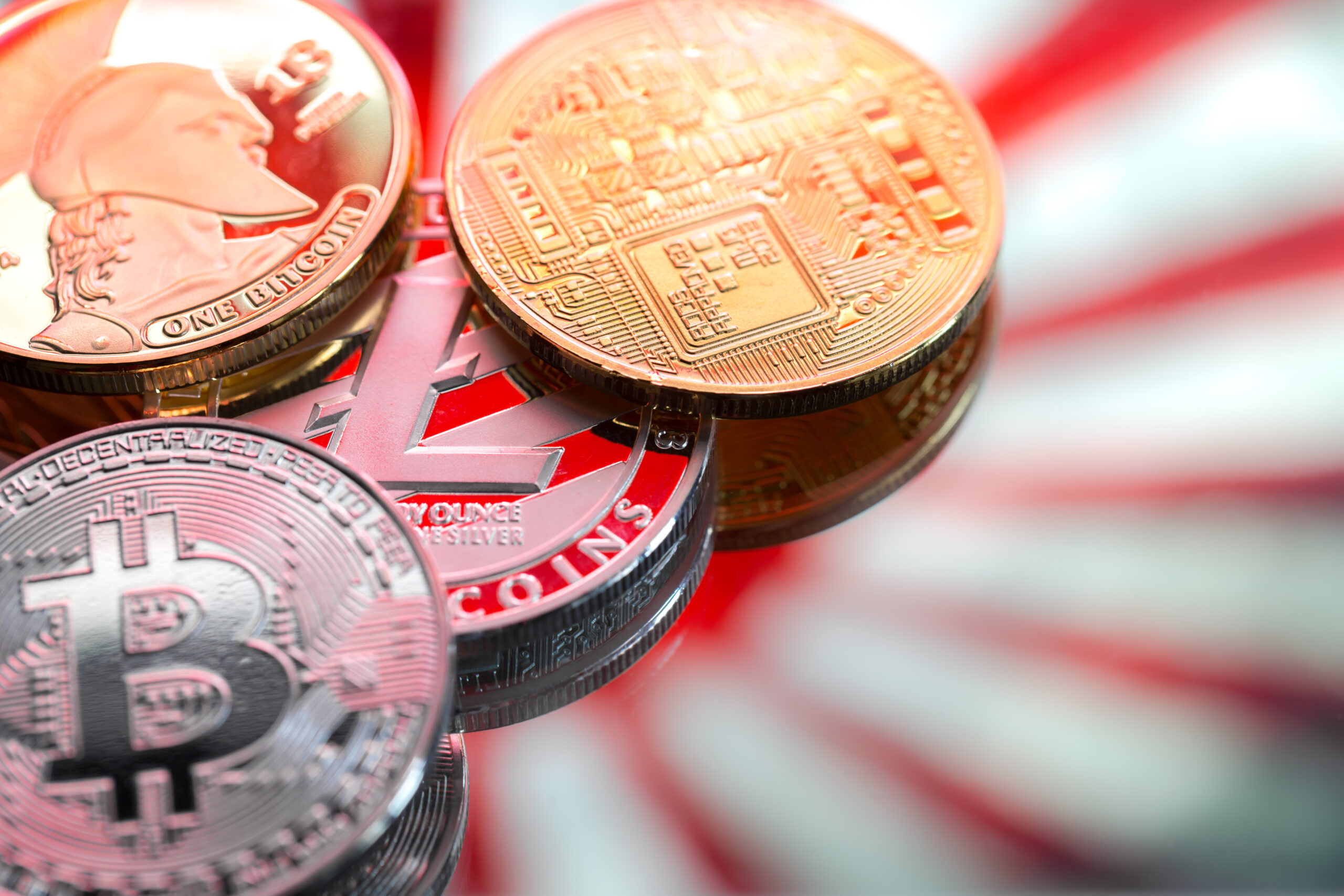Japan’s relationship with Bitcoin is nuanced. While the country remains one of the most progressive regulators of cryptocurrency globally, the Bank of Japan (BOJ) continues to tread carefully. Recently, central bank officials reiterated their view: “No big problems with Bitcoin so far.” That’s a calm statement—but don’t confuse it with a full endorsement.
So what exactly is Japan’s stance on Bitcoin? And what does it mean for the future of crypto in Asia?
Let’s break it down.
Table of Contents
BOJ: Bitcoin Is Speculative, Not Systemic
BOJ leadership has repeatedly said that Bitcoin is not a systemic threat, but it’s also not a substitute for fiat currency. BOJ Governor Kazuo Ueda recently noted that digital innovation is accelerating in Asia, but warned about new financial risks—especially from unregulated platforms and volatile assets like Bitcoin.
Earlier, BOJ officials described most crypto activity as “speculative trading” with limited use in real-world payments. That stance hasn’t changed much, even as Bitcoin adoption grows.
Regulation: Strict, but Forward-Looking
Japan was one of the first countries to formally regulate crypto exchanges under its Payment Services Act, following the infamous Mt. Gox and Coincheck hacks. Exchanges must register with the Financial Services Agency (FSA), follow AML guidelines, and separate customer assets from company holdings.
Despite this caution, Japan isn’t anti-crypto. In fact, the BOJ has advocated for G7-wide crypto regulations that promote transparency, combat money laundering, and limit the use of crypto in sanctions evasion.
No Plans for Crypto Reserves or Spot ETFs
Unlike the U.S., where institutions like BlackRock are launching spot Bitcoin ETFs, Japan has not approved any spot Bitcoin ETFs to date. In fact, the BOJ has stated it has no intention of holding crypto in foreign reserves or supporting it as legal tender.
Meanwhile, Japan is experimenting with its own Central Bank Digital Currency (CBDC) but remains in the pilot phase. The BOJ sees a digital yen as a tool to enhance payment systems—not compete with decentralized cryptocurrencies like Bitcoin.
Institutional Interest Is Growing Despite Barriers
Japanese institutions are starting to explore crypto—but cautiously. A Nomura Holdings digital asset subsidiary, Laser Digital, launched a Bitcoin Adoption Fund for institutional investors. And a Bloomberg survey suggested that over 50% of Japanese fund managers were considering some crypto exposure, especially through ETFs.
Yet, barriers remain. For example, crypto profits are taxed at up to 55%, while capital gains on traditional securities are capped at around 20%. That tax discrepancy makes it unattractive for local investors to hold large crypto positions long-term.
The Real Message: Innovation, Not Instability
The phrase “no big problems” is carefully chosen. It reflects a central bank that’s monitoring Bitcoin—not embracing it. Japan allows crypto innovation to thrive under strict oversight. It was the first to grant Bitcoin legal status as a payment method (not legal tender), and its exchanges are among the most secure globally.
But the BOJ’s real goal is stability, not disruption. Officials want innovation that doesn’t undermine monetary policy or financial security.
In short:
- Bitcoin isn’t banned in Japan—but it isn’t endorsed as a financial asset.
- Crypto is legal, but highly regulated.
- No plans exist to hold BTC in reserves or issue a Bitcoin ETF—at least not yet.
- Regulators are calling for international cooperation, not isolationism.
Final Thoughts
If there’s one country that understands the fine line between embracing innovation and ensuring stability, it’s Japan. The BOJ may not be bullish on Bitcoin, but it’s not standing in the way either. Instead, it’s letting the private sector experiment—within strict limits.
That might just be the model other countries follow.
